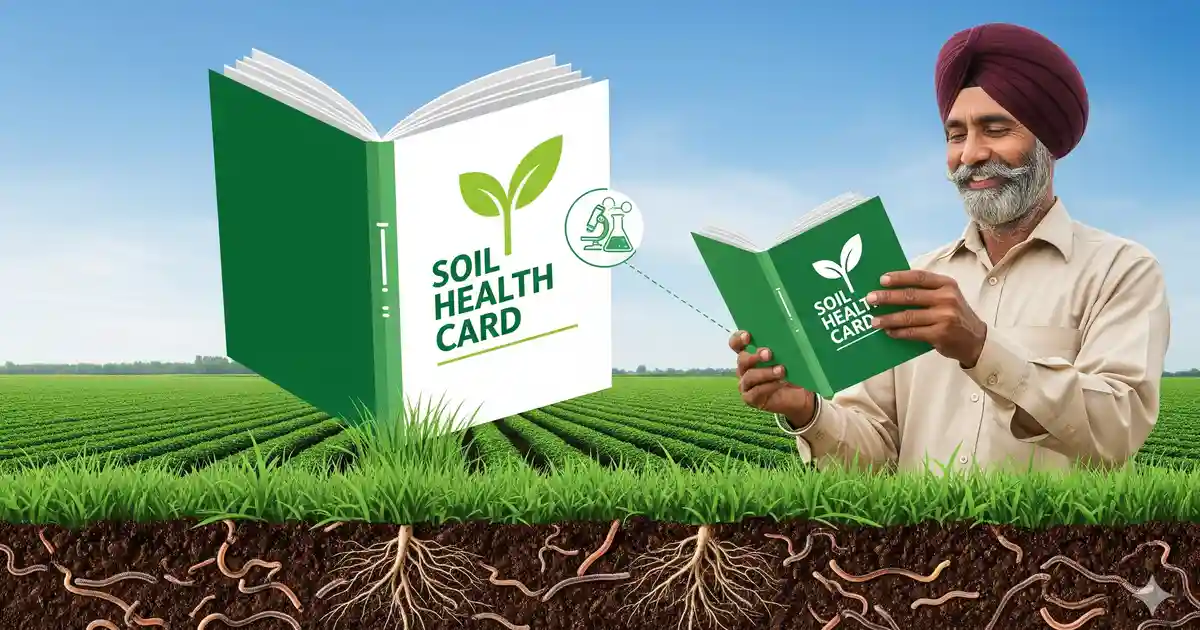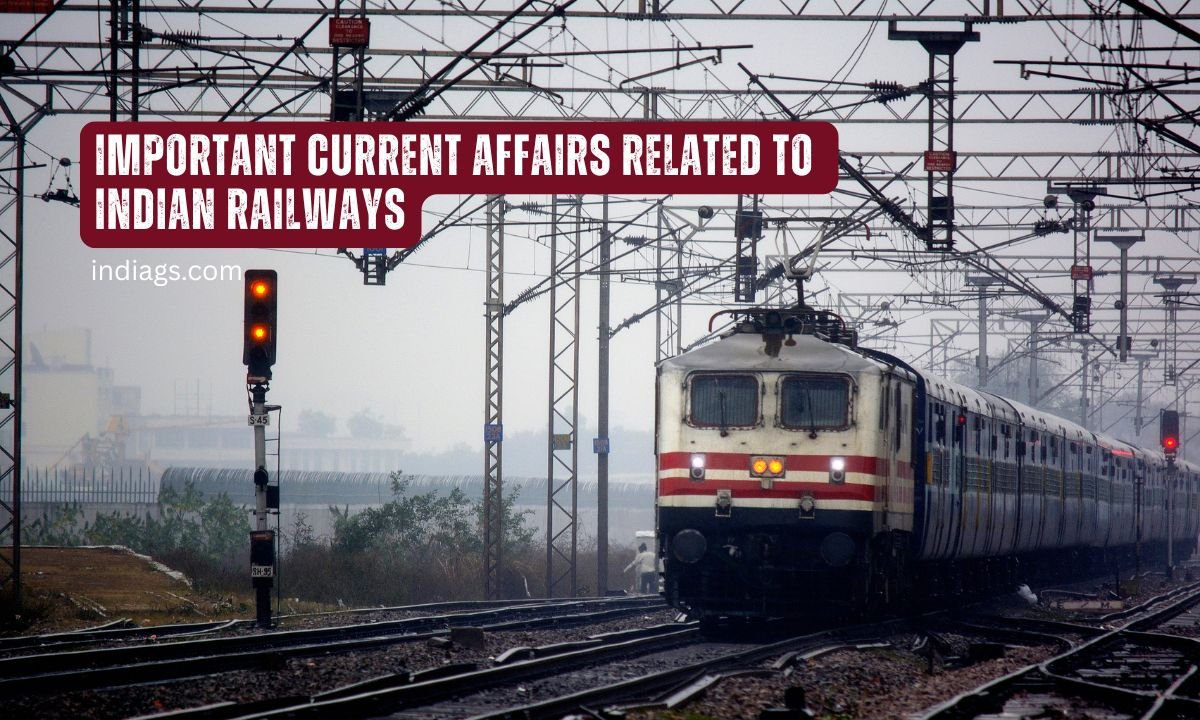Launched: 19 Feb 2015 (PM Modi, Suratgarh, Rajasthan)
Merged With: Rashtriya Krishi Vikas Yojana (as “Soil Health & Fertility”) since 2022–23
Coverage: All farmers in India
Advertisement
Key Achievements (as of 2025):
- 25+ crore SHCs distributed
- ₹1706.18 crore released to States/UTs
- 8,272 soil testing labs (static, mobile, mini, village-level)
- 290 lakh ha mapped in 40 aspirational districts
- 1,987 village-level fertility maps in 21 States/UTs
- School Soil Health Programme in 1,021 schools with 132,000+ students trained
What SHC Provides
- Printed report (valid for 3 years) with 12 parameters tested → N, P, K, S (macro); Zn, Fe, Cu, Mn, B (micro); pH, EC, OC
- Recommends fertiliser/bio-fertiliser/organic inputs for sustainable use
- Issued every 2 years for each farmer’s landholding
Objectives
- Identify nutrient gaps → improve fertiliser practices
- Strengthen soil testing labs & train agri-students, officials, farmers
- Encourage soil test–based nutrient management
- Promote balanced & integrated fertiliser use
- Support long-term soil fertility and climate-resilient agriculture
Technological Upgrades
- SHC Portal & Mobile App (22 languages, geo-tagging, QR codes, auto-upload from labs)
- GIS-based interactive soil maps
- Village-Level Labs set up by SHGs, FPOs, youth (665 labs across 17 states)
Impact Story
Nalanda farmer Mahendra Singh improved yield by 16% after following SHC recommendations → reduced cost, boosted fertility.
Significance
- Reduces input costs, improves yields
- Promotes organic inputs & reduces soil degradation
- Creates data-driven, sustainable farming practices
Advertisement




